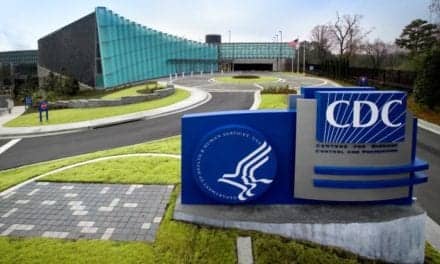In the most comprehensive genetic study of the Mexican population to date, researchers from UC San Francisco and Stanford University, along with Mexico’s National Institute of Genomic Medicine (INMEGEN), have identified tremendous genetic diversity, reflecting thousands of years of separation among local populations and shedding light on a range of confounding aspects of Latino health.
The study, which documented nearly 1 million genetic variants among more than 1,000 individuals, unveiled genetic differences as extensive as the variations between some Europeans and Asians, indicating populations that have been isolated for hundreds to thousands of years.
These differences offer an explanation for the wide variety of health factors among Latinos of Mexican descent, including differing rates of breast cancer and asthma, as well as therapeutic response. Results of the study appear in the online edition of the journal Science.
“In lung disease such as asthma or emphysema, we know that it matters what ancestry you have at specific locations on your genes,” said Esteban González Burchard, MD, MPH, professor of Bioengineering and Therapeutic Sciences, and of Medicine, in the UCSF schools of Pharmacy and Medicine. “In this study, we realized that for disease classification it also matters what type of Native American ancestry you have. In terms of genetics, it’s the difference between a neighborhood and a precise street address.”
Click here to view original web page at www.medicalnewstoday.com









